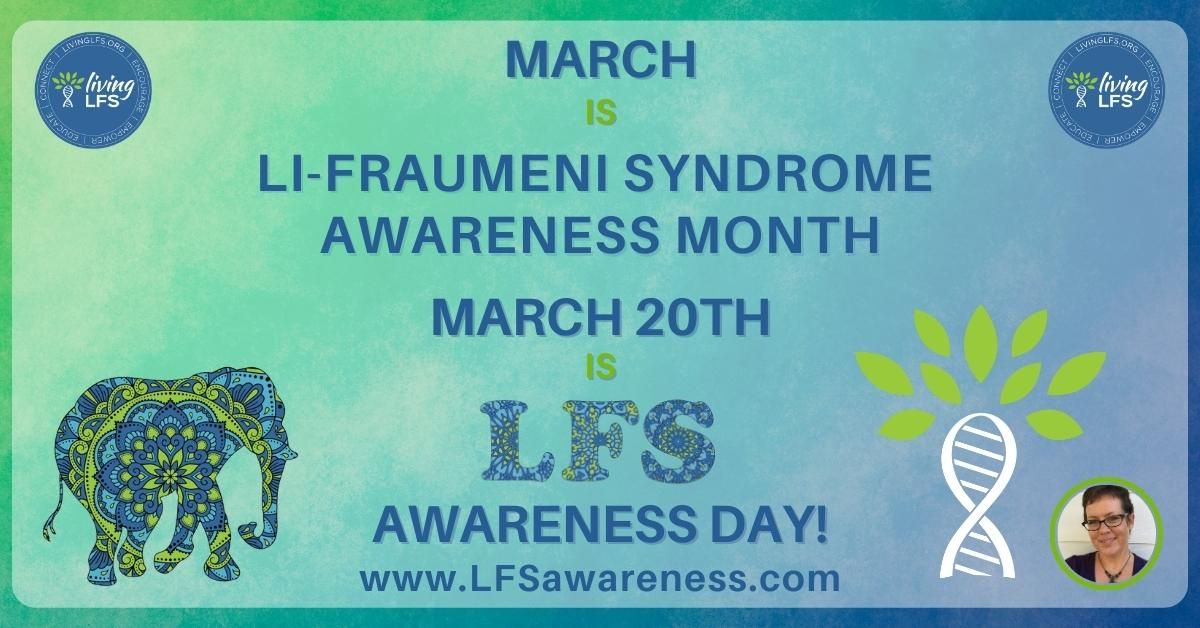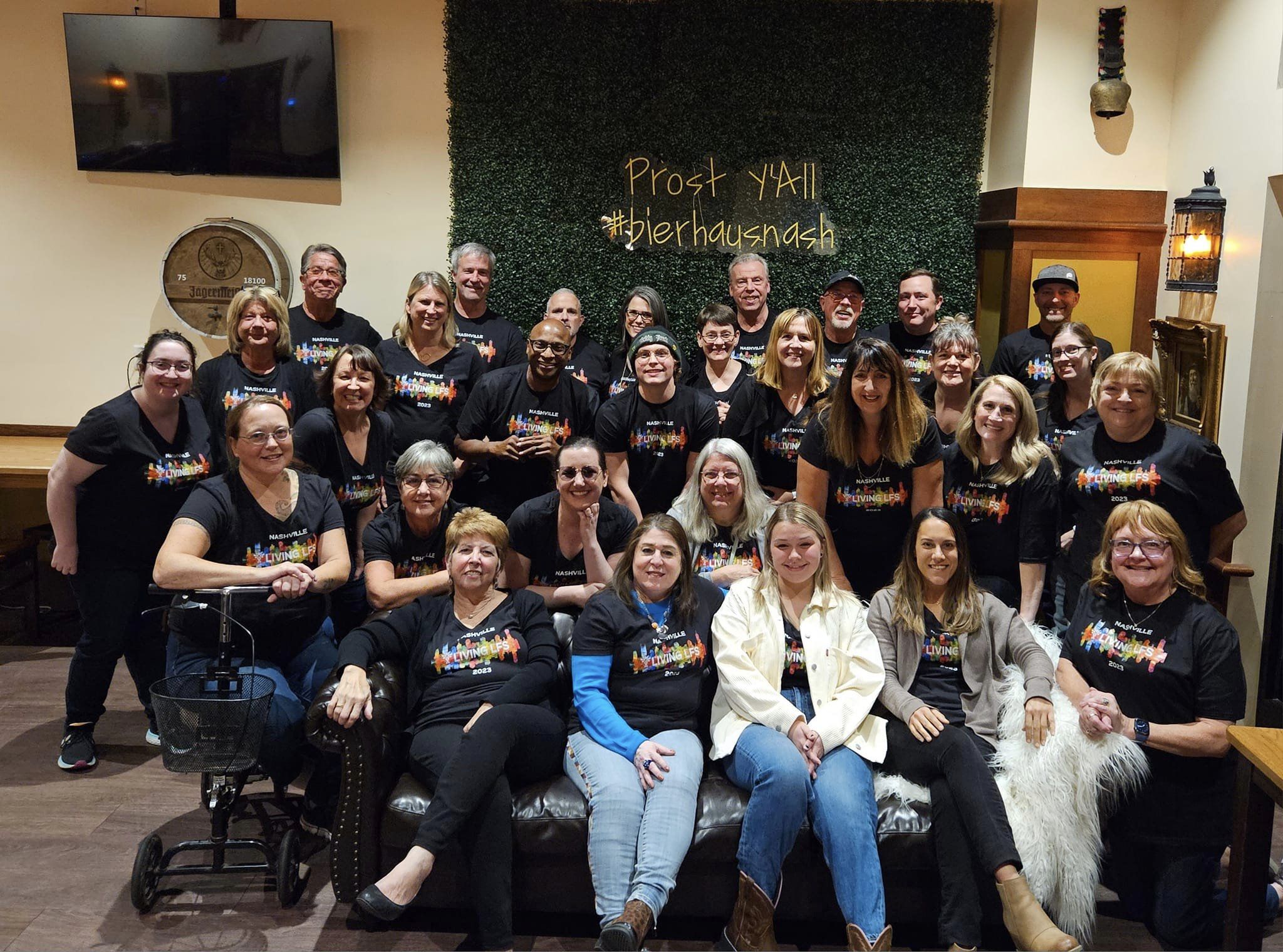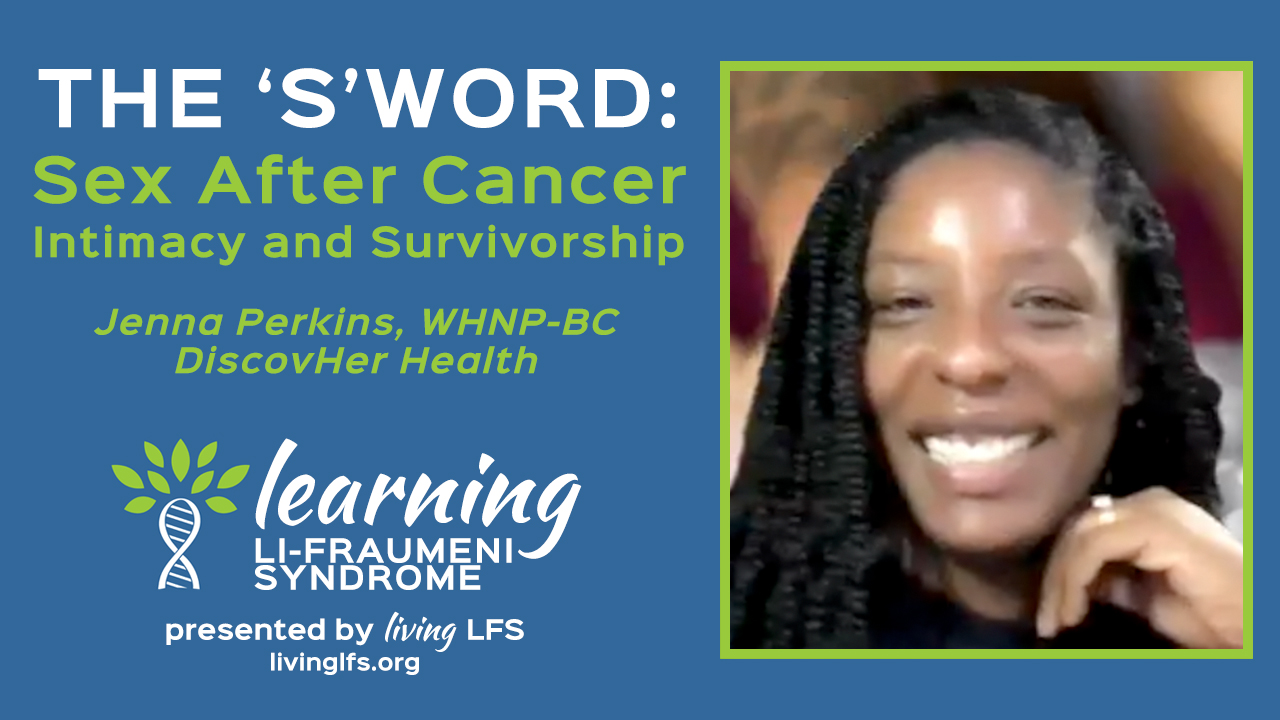Genetics are very complicated. There are so many factors that influence how we become who we are on the cellular level and beyond.
A good friend of mine always points out- there are many ways to make a family. Those of us in the support group learned that as we have become a family of misfit mutants. Yet even within our small numbers, there are the rare of the rare. I remember at the conference in Boston, talks turned to questions over the topic of mosaicism. There is no easy way to explain it, understand it or definitively peg it's role in how Li-Fraumeni Syndrome is inherited or develops. We, as mutants are pretty used to chartering uncharted territories- so let's give it a shot!
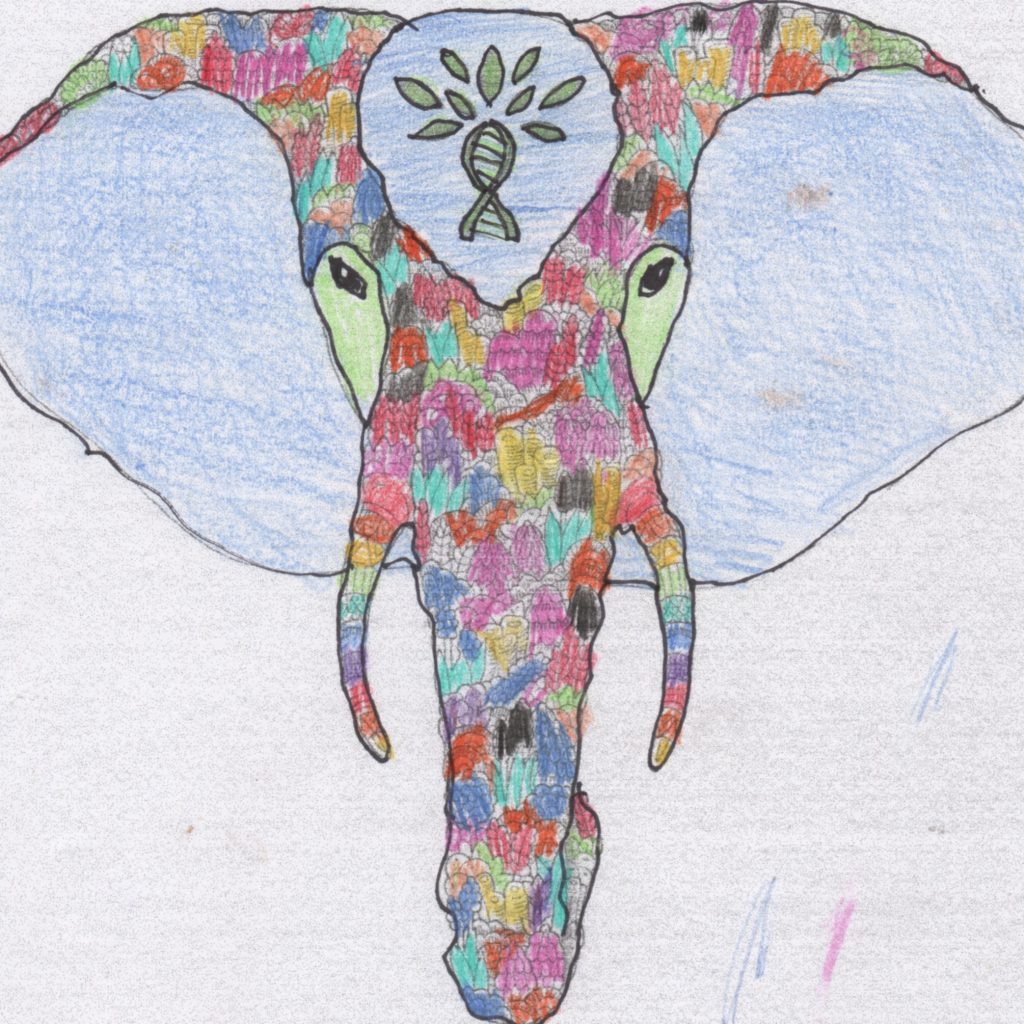
MOSAICISM- WHAT IS IT?
Pretty tile murals? How I would like to tile the swimming pool I have in my dream home? Where a person has cells of different genetic make up? Yep, that is the one.
Genetic Mosaicism starts in the GERM cells (eggs and sperm). It often is silent, meaning the mutation is there, but doesn't produce the effect (cancer, in the case of LFS) in the person. As the cells divide during pregnancy, a zygote (little pre-baby alien conglomerate of cells) forms and sometimes a mutation occurs. Depending on where and when this mutation occurs, this affects what percentage of all cells are mutated, and how many are mutated. If the mutation is early in development, many cells will be affected, if the mutation occurs later, fewer cells are affected.
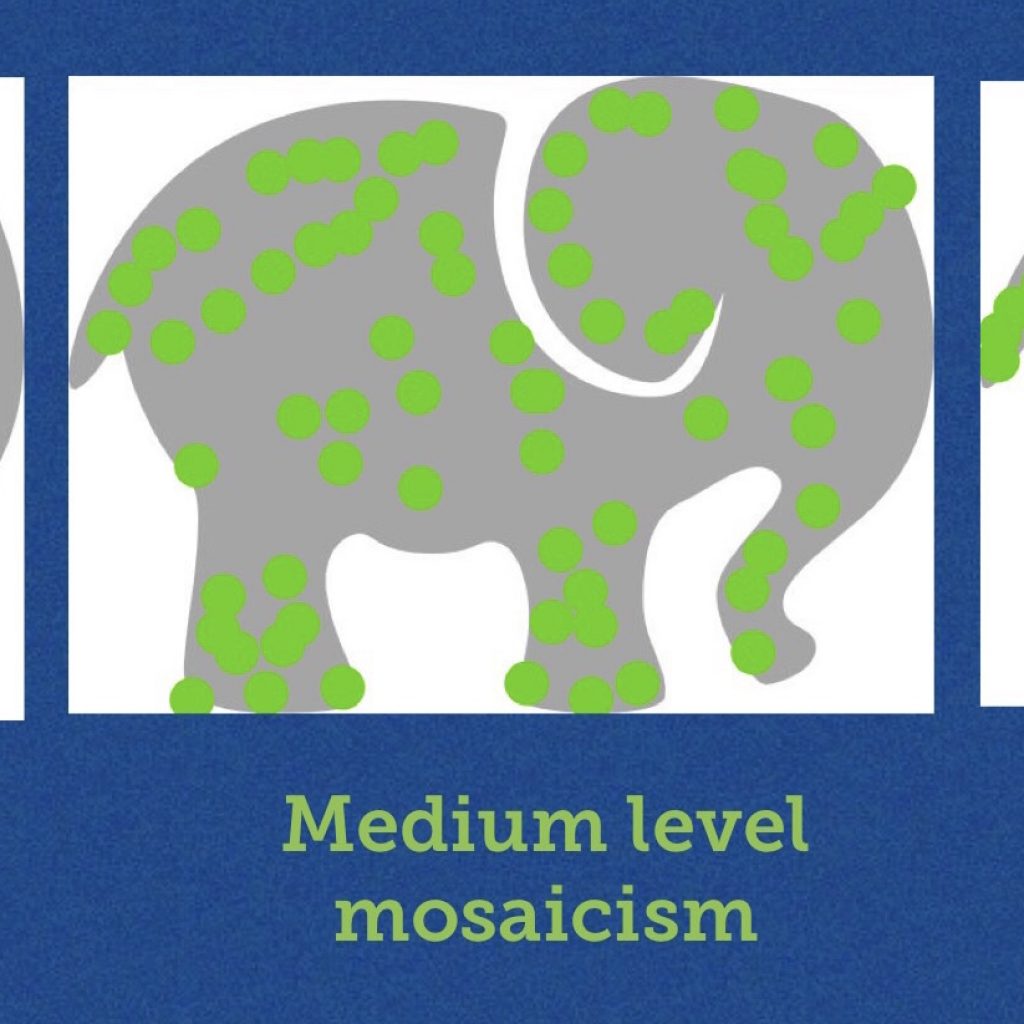
So if a person has a TP53 mosaic mutation, some tissues (for example, it could be just skin, ovaries and breasts) may have the mutated gene, while others do not. The tissues that have the mutation will have a greater risk of developing cancer because p53's job is to help suppress tumors, and mutant p53 doesn't always do this properly.
Here is Wendy Kohlmann, MS, CGC, a licensed genetic counselor at the University of Utah Huntsman Cancer Institute, explaining mosaicism to LLFS board member Andi Last for the Learning Li-Fraumeni Syndrome podcast:
HOW DO WE TEST FOR TP53 MOSAICISM?
Generally, LFS is already on the doc's radar if you've been referred for genetic testing. These times are where Geneticists and Genetic Counselors are worth their weight in gold! To test for LFS, we test for the TP53 mutation while considering family history.
Testing for TP53 mutations can be done several ways, but usually by blood test. If there is a known mutation in a family, they test for that mutation. If there is not, they do a multi-gene sequencing panel to try and find a mutation. The blood can have cells with different chromosome make up, but this isn't always the case. If the mutation is in the blood, there will be a certain percentage of changes.
To truly understand where the mutation is, we would have to test all the different cells in the body. That it a daunting and seemingly painful task. This is where the knowledgeable genetic professional becomes a HUGE asset. A geneticist will be able to help determine what testing is necessary and how to go about it for diagnosis.
And HAVING A MOSAIC MUTATION MEANS WHAT?
Right, so here you are in the LFS club. Rarest of the Rare. You have an increased risk of cancer, you just don't know where or when. No one with LFS knows. That's why we screen. The benefit to identifying mosaicism is knowing that there is an increased risk, and you can potentially pass along the mutation to your children. Since people with mosaicism have fewer cells affected by the mutation, they tend to have less severe cases of LFS.
That's not particularly helpful as far as screening goes, unless you know which tissues are affected. We can not yet predict how a mosaic TP53 mutation will affect mutants. But guess what? We can't predict yet how a non-mosaic TP53 mutation will affect mutants either. Having an increased risk of cancer sucks, no matter what way you slice it. This is why paying attention you your body, your gut and having a dedicated team will help you navigate these shark-infested waters.
Living LFS is a balance of advocacy and knowledge. Being rare does not mean you cannot get the best care - it means you are human. We are each unique. By knowing we have a rare mutation, we can do our best to fight cancer in a way our bodies can handle. Knowing what you are up against is your best chance at preparing.
